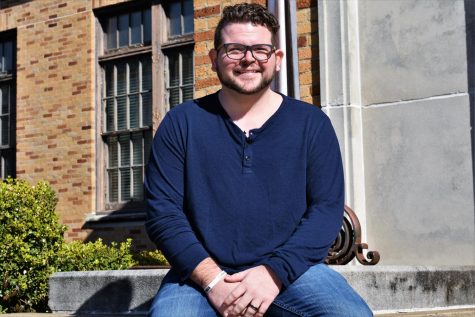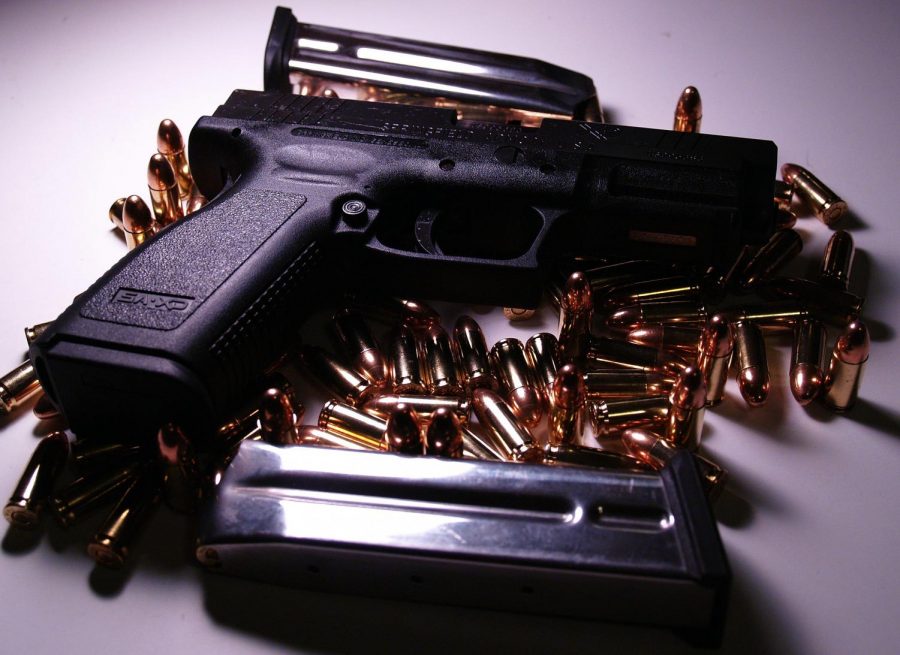How New Zealand’s Recent Gun Control Might Affect the U.S
On March 15, a lone gunman, Brenton Tarrant, opened fire on two consecutive mosques in Christchurch, New Zealand, during Friday Prayer ultimately killing 50 and injuring many more.
Before this attack, New Zealand was considered to have more relaxed gun control laws than most Western countries other than the U.S. There is roughly one gun for every three people in New Zealand, a ratio significantly higher than that of its neighbor, Australia, where there is only one gun for every eight people.
Only a few days after the shooting, New Zealand government officials responded with new gun control laws.
According to an article on the Chicago Tribune, “The New Zealand law affects all semi-automatic rifles (except the small .22-caliber), shotguns and pistols, not just those that resemble military weapons. It forbids large magazines, as the U.S. law did, but also any gun that can accept a detachable magazine holding more than five cartridges.”
Such a quick and extreme response by the New Zealand government has many people wondering why the U.S does not respond to mass shootings in the same way. There are many sides voicing many different opinions. The U.S government is receiving much criticism for not responding to the past shootings in a similar manner.
Aside from the obvious possible second amendment infringement, many U.S. lawmakers to do not respond in the same way because, as the same article from the Chicago Tribune puts it, “mass shooters don’t kill a lot of people because they find weapons suitable to the task. They find weapons suitable to the task because they want to kill a lot of people.”
So how might this affect us here in the U.S?
There is a good possibility that, if something of this nature happens in the U.S. again, U.S. lawmakers are likely to feel pressure from initiatives taken by other countries. However, the question still stands: are gun laws the only answer to the problem?
Perhaps one solution is attempting to deal with the heart of the problem that caused this shooting and many others like it: religious and racial intolerance. However, that is a battle that many Americans have been waging for many years now. Over the past few years, there have been several racially and religiously motivated shootings here in the U.S.
Just last year, in October, a gunman opened fire on a Jewish Synagogue killing eleven people. Three years before that, in 2015, the Charleston shooter, Dylan Roof, opened fire on an African-American congregation killing 9 people.
One of the things that made these places such easy targets was the lack of security. Most Synagogues, Masques, and Churches have little to no security during their times of worship, and, in a perfect world, they should not need it. However, with the increasing growth of racial and religious intolerance among those who represent different extremist ideologies, increasing security at places of worship might be one way to decrease the casualties of such crimes.
The problem still stands that there are people out there who represent extremist ideologies, and the American people need protection. If gun laws are not a viable option, perhaps increased security at frequently targeted locations such and schools, Synagogues, Masques, Temples, Churches and other places of worship, might make the American people a bit more safe.

Jonathan Boles is from Possumneck, Miss., and a transfer from Holmes Community College, where he graduated as Valedictorian. He is a nontraditional student,...



